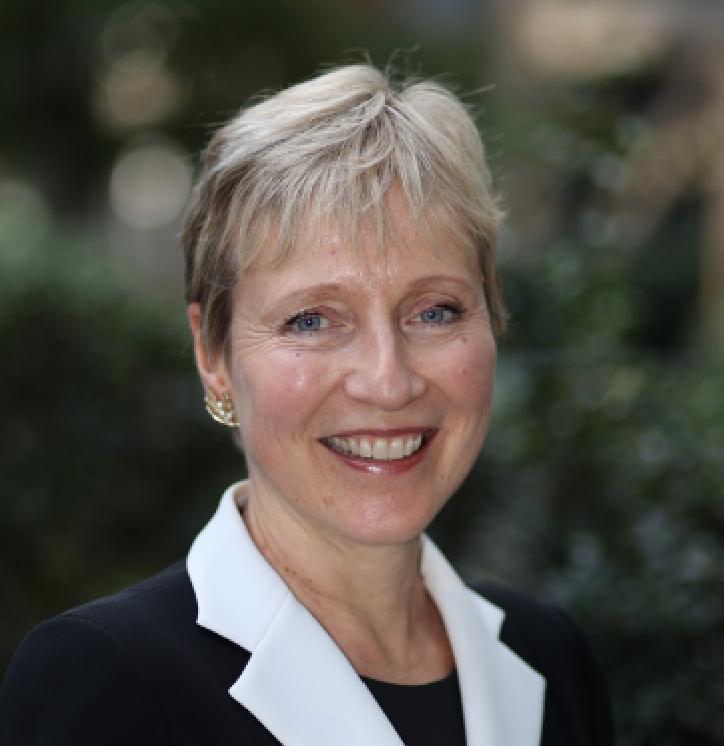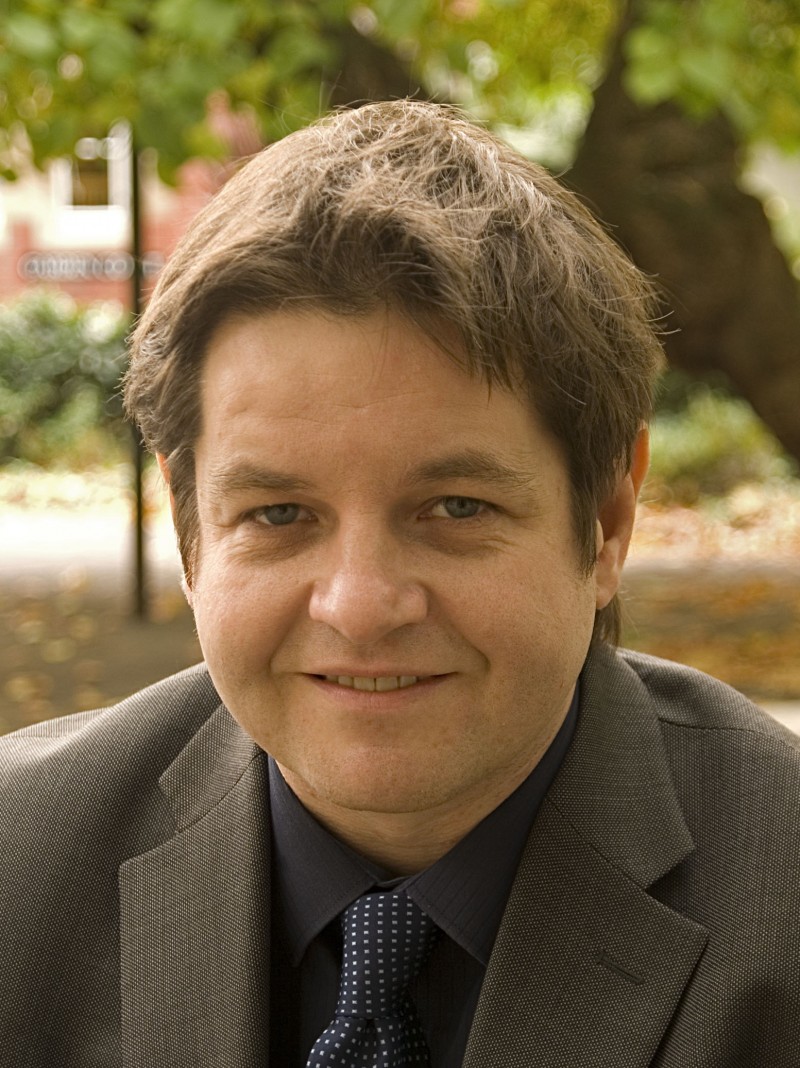Our conversation with Sinead is an insightful glance into the world of a general counsel, looking at challenges and opportunities encountered throughout her career.
Read on as we find out thought processes and experiences that have moulded Sinead into a driving force within in-house law.
Sinead is a member of the Senior Executive Committee at Ofgem and sits on the Board. She is also a sponsor of the department’s disability network EnAble.
Prior to Ofgem, Sinead was a Director in the Government Legal Department (GLD) as Legal Director at BEIS from January 2019. She jointly headed the Division, mainly leading on energy, intellectual property, science and space. Prior to joining GLD, Sinead was the Director of Personal Tax and Corporate Services at Her Majesty’s Revenue and Customs Solicitor’s Office.
Sinead joined government from the independent bar in 2000 and in her early career led on projects such as the Olympic Bid, setting up the UK Border Agency and advising on international criminal matters.
How has the cost of living crisis impacted your day to day role at Ofgem?
It has had a huge impact.
Our principal objective is to protect the interests of energy consumers and the role of the regulator is crucial at a time when so many are struggling to pay their energy bills.
We have advised on a range of issues to protect consumers, such as, measures ensuring generators do not make excessive profits from the balancing market, we have made changes to measures improving consumer standards and to protect customers on pre-payment meters. We have also taken compliance and enforcement action where there are breaches.
Unfortunately, there are limits in what we can do – when gas prices escalated, those costs have to be flowed through to consumers as legitimate costs paid by the energy companies for the energy we consume but we use our powers such as those relating to the price cap to ensure the prices charged are appropriate.
Since joining Ofgem, what have you implemented that you are most proud of?
We worked intensively with the government to deliver the energy price guarantee – the measure which helped protect consumers from the greatest impacts of increasing gas prices. You could see how it made a real difference to people’s lives.
What advice would you give to someone starting in-house?
My primary advice would be to understand your clients and what they are trying to achieve and then be solutions focused to help them achieve their goals. This can feel different when in-house as compared to private practice, you have more opportunities to build strong relationships.
Also, many colleagues who join from private practice comment on the breadth of the work that we do and the level of responsibility we give our teams. I lead large teams, so embrace the breadth and variety and quickly learn ways to empower and trust your teams!
What do you enjoy most about your current role?
The mission – I get to work on two of the most important things in the UK today – helping energy consumers, particularly the vulnerable, and helping deliver Net Zero. That keeps me motivated, as well as the people I work with, who are really collaborative and supportive.
Why did you decide to work in-house and why did you take the civil service route?
I started my legal career at the independent bar. At first I loved it but I fell out of love quite quickly. I decided to look in-house because I wanted a more consistent and better quality of work (I don’t miss hovering around the clerks room waiting for my next brief!).
I took the Civil Service route particularly for the work quality and to feel that my work meant something. Sitting in Parliament seeing the legislation you worked on being debated or speaking to a member of the public that has been impacted by your work really brings that home.
We've noticed that you have been an advocate for disability and wellness in a few roles, what advice would you give to someone that would like to join or start up a network like this in their organisation?
My first thought is do it!
You can make a real difference by being a role model, advocate or ally. I have an autoimmune condition and people are interested in knowing how I manage that with a challenging executive role.
Being part of a Network feels supportive and you can feel very proud of what you achieve as a collective. There have been lots of good things that the Networks have implemented, not all of these have to be big ticket, some very small steps can make a difference.
What do you enjoy doing in your spare time?
I enjoy swimming, travelling, particularly to Spain and Latin America as I am also doing Spanish lessons at the moment. I also like to go to comedy gigs. I saw Frank Skinner recently – very funny. I enjoy his radio show on Saturday mornings.
What was the last film/book you watched/read?
“Other Plans” by Caimh McDonnell. He is an Irish writer who does crime novels with a comedic twist. This wasn’t his best but I’m loyal and tend to stick with an author I like. His style is certainly not highbrow – think Jackson Lamb in Slow Horses but more farcical.




